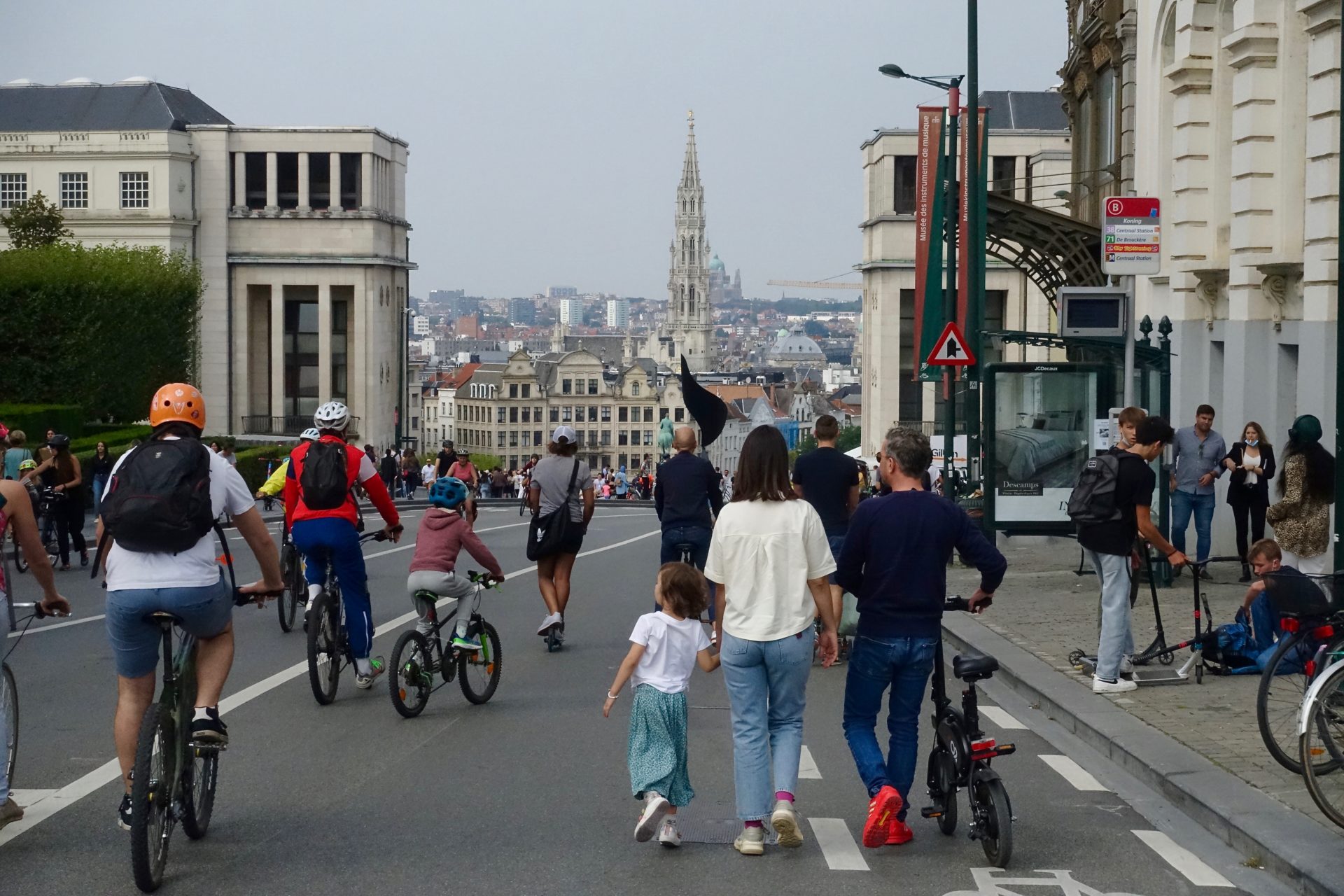The Covid-19 pandemic has had a greater effect on the well-being of Belgians than the 2008 financial crisis, according to an annual report on welfare indicators from the federal Planning Bureau.
The well-being of Belgians was already poor, but indicators fell even further in 2020 and have reached their lowest levels since 2005, De Standaard reports.
Belgians report that they are less satisfied with life, and fewer people reported that they are in good or very good health.
Mental health was most affected
One reason listed was that access to healthcare was limited during the pandemic, but it was mental health especially that was hit hard by the health crisis.
“All results point in the same direction, namely that the Covid-19 pandemic has had a significant negative impact on the mental health of the entire Belgian population,” the Federal Planning Bureau stated in their report.
At the end of last year, an improvement was noted, but 'special attention' is still required, the bureau said.
A country’s success is measured in more than GDP
The indicator report has been produced annually since 2016 as a response to the observation that gross domestic product (GDP) is too one-sided as a measure of a country’s progress.

One explanation for a drop in well-being is that access to regular healthcare was limited as a result of the Covid-19 pandemic. Credit: Pixabay
That indicator mainly measures things like material progress and maps prosperity in financial terms, but it doesn’t take into account the well-being of the population or environmental degradation.
One trend that emerges when tracking both economic growth and well-being is that while economic capital has grown almost continuously in recent decades, environmental capital has moved in the opposite direction.
Related News
- Belgium Uncomplicated: ‘Teleworking goes hand-in-hand with wellbeing’
- Flanders launches digital mental health platform for students
- 'Double victims': Survey highlights worrying effects of pandemic on children
When it comes to water consumption, for example, exposure to fine particles or oil pollution are moving in the right direction. But the opposite is true for sustainable fishing, the field bird population and noise pollution. The field bird indicator, which is a symbol of biodiversity, has fallen by 62% since 1992.
In social terms, the number of smokers, income inequality and the feeling of safety in public spaces in Belgium are moving in the right direction. But the same cannot be said of the risk of poverty or social exclusion. The reading skills of the population are also not improving, nor are fatal accidents at work.

One of the SFGs from the United Nations calls for a reduction in the use of cars for passenger transit. Above, residents of Brussels enjoy a Car-Free Sunday. Photo by Orlando Whitehead/The Brussels Times.
Goals set by United Nations
Some indicators are tied to social development goals (SDGs) from the United Nations. The risk of poverty, for example, must fall to 10% by 2030, but in Belgium it is still almost double that.
The target for the number of smokers is 13%, which seems achievable when currently sitting at 15%.
The number people who drop out of school early should be zero in 2030, but is now at the “unsatisfactory” level of 8%. The goal for the share of cars in passenger transport is 67% in 2030, but is currently at 80%.
The report concludes by saying that, based on the indicators presented within, Belgium's current development is not sustainable, “given the decline in environmental capital.”

